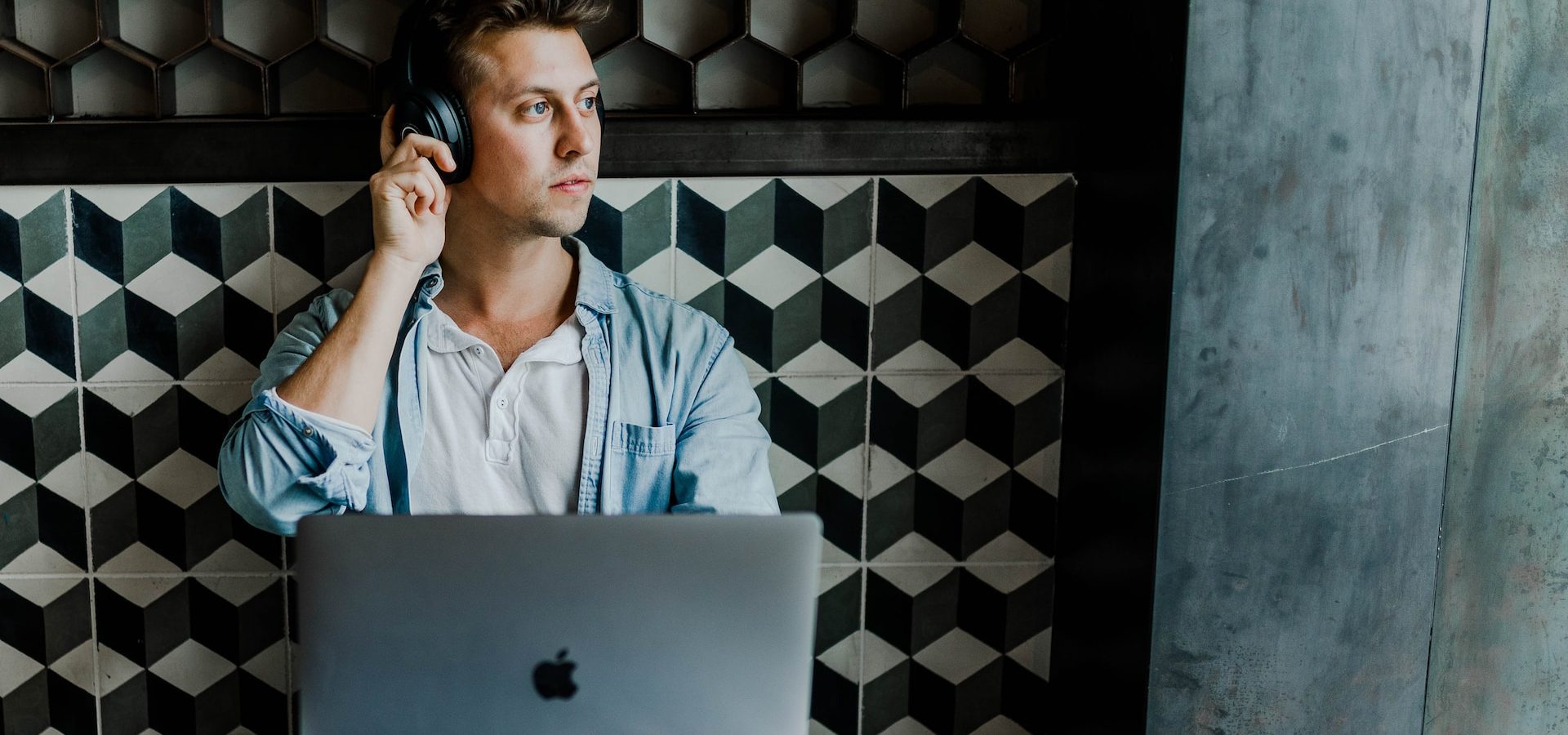Menu

Hearing loss is a typical occurrence as people age. It generally occurs gradually and steadily, making it challenging to identify. Others may suddenly and repeatedly lose their hearing without understanding why. It’s critical to seek help as soon as you can if that occurs.
Hearing loss is a typical occurrence as people age. It generally occurs gradually and steadily, making it challenging to identify. Others may suddenly and repeatedly lose their hearing without understanding why. It’s critical to seek help from a hearing clinic as soon as you can if that occurs.
SSHL, or sudden sensorineural hearing loss, is a condition that can strike quickly. The patient typically has little time to recover from this deafness because it affects the nerves.
SSHL
Sensorineural hearing loss is an irreversible condition brought on by damage to or death of the ear’s tiny nerves. This progressive hearing loss typically worsens over time and cannot be treated.
The “sudden” variety occurs quickly, usually within a few days. During this time, sound clarity degrades, and the ear’s ability to distinguish between particular frequencies and pitches may be affected. 90% of the time, SSHL only affects one ear, and people under 50 are most frequently affected.
How Come SSHL Situations Happen?
Unknown factors may be behind abrupt hearing loss. It could have a variety of various causes, according to experts. That could include:
- Viral illness that damages the nerves
- An wrong immunological response to the situation
- An ear infection or threat that is inflammatory
- Inadequate blood flow to the ear
- A tear in the membrane of the ear
- Damage or head injuries
- Tumors or growths of abnormal tissue
- Meniere’s disease
- Medical supplies
- Being in an environment with loud sounds (explosion, earbuds with the sound cranked up, standing near booming speakers at a concert, etc.)
Indicators and Symptoms of Rapid Hearing Loss
How would you know if your hearing were to fail abruptly? It’s challenging to tell without first seeking guidance from your doctor. Some individuals with the disease display the symptoms listed below:
- Some people report feeling it as they awaken, which frequently occurs in the morning.
- You might hear a loud, ominous pop sound emanating from your ears just before your hearing starts to fade away.
- At that moment, you might also experience a sudden onset of dizziness or a ring in the ears.
- Your hearing might only last a few minutes before it vanishes. Other times, the hearing loss may not entirely go away for three days.
- You may also experience lightheadedness.
How to Get Help
You should move right away to safeguard your hearing if a nerve injury is the cause of your hearing loss. If you notice any SSHL symptoms, get help right away. The likelihood that your hearing will recover decreases the longer you wait for treatment. What your otolaryngologist will do:
- Bodily exams to rule out obstructions or earwax buildup
- An audiogram to assess your hearing loss’s severity
- CT or MRI scan
Some people who experience this type of hearing loss may not experience any improvement or may not wholly recover their hearing, even if they receive immediate treatment. People with mild cases can expect that their health will improve with time. People with more severe hearing loss are less likely to completely recover their hearing, even if they seek immediate help.
SSHL: How Is It Handled?
Sudden hearing loss can have many reasons. Your ENT or audiologist must identify the root cause to create a treatment plan that will suit your needs. Among the treatments are:
- Antibiotics that treat infections
- Steroids to address irritation in the middle and inner ear
- Hearing aids or Cochlear implants to improve sound
Will Your Hearing Return?
Fortunately, sudden hearing loss can be reversed with early treatment. Up to 65% of patients will regain some or all of their hearing within a month of having an SSHL incident.
If your hearing does not fully return, you may benefit from using hearing aids to help you hear better. Working with a hearing aid clinic can assist you in identifying the ideal answer for your problem.
Conclusion
Numerous variables, including genetics, loud noise exposure, infections, and some medications, can contribute to this kind of hearing loss. The reason and degree of sensorineural hearing loss will determine the appropriate course of treatment.
The two primary methods for treating this kind of hearing loss are hearing aids and cochlear implants. Surgery may also be a possibility in some circumstances. People with sensorineural hearing loss can improve their hearing and lead normal lives with the proper care and treatment.
We take a unique strategy to provide hearing care at Beltone Hearing Centre in Langley, Abbotsford, and Chilliwack. It is built on getting to know you personally and learning what makes you happy in life as well as what qualities you look for in a healthcare partner. Visit our hearing aid clinic today!
Share Post
Facebook
Twitter
LinkedIn
Email
Reddit
Pinterest
